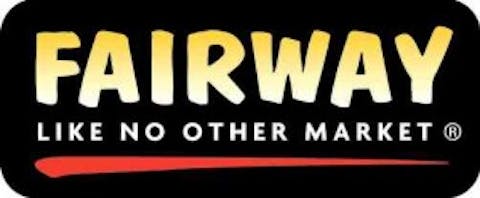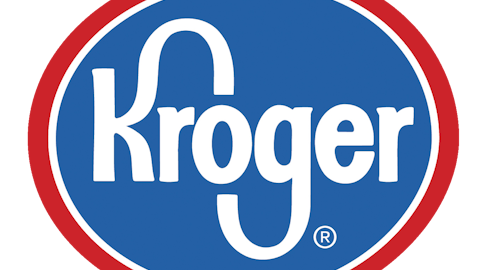Investors have pushed Fairway Group Holdings Corp (NASDAQ:FWM) to more than 70% above its April IPO price of $13, largely because of its uniqueness and growth prospects. Uniqueness, however, can be copied by competitors, and growth can undermine the competitive advantages that protect a profitable niche, so I have a different view of this specialty food retailer.
Uniqueness is transitory
Fairway Group Holdings Corp (NASDAQ:FWM)’s unique customer value proposition is seen in three key areas. Firstly, its wide variety of merchandise selection with 70,000 stock keeping units (SKUs) trumps that of other competitors. Secondly, it boasts of high quality, fresh perishables which account for 65% of its product mix. Last but not least, its ‘market style’ easy-to-shop store layout and outstanding customer service contribute to a highly engaging customer experience.

While Fairway Group Holdings Corp (NASDAQ:FWM) stands out from its competitors now with its differentiated food shopping experience, it is unlikely that this will remain the status quo indefinitely. There is nothing to stop competitors from imitating elements of Fairway’s success, such as increasing SKUs, changing product mix or improving customer service.
Expansion will dilute local leadership advantage
Fairway Group Holdings Corp (NASDAQ:FWM) has ambitious expansion plans and sees the potential for eventually opening 50 stores in the greater New York City metropolitan area from its current 13 stores. Looking beyond New York, it is targeting approximately 90 and 300 stores in the Northeast region and the entire country respectively in the long term.
As Fairways expands beyond its core market, I am worried about how this will potentially dilute its local leadership advantage in terms of customer captivity and economies of scale.
When it comes to demand, grocery buyers do not exhibit the same degree of customer loyalty as soda drinkers. Differences in ethnicity makeup, purchasing power and buying habits suggest that there is no guarantee that consumers in the new geographic markets will shop at Fairway Group Holdings Corp (NASDAQ:FWM).
With respect to costs, the bulk of expenses for grocers are generally local in nature, with leading local market share contributing to scale economics. While Fairway is expected to realize significant cost reductions from spreading localized advertising, recruitment and logistics costs over a large revenue base in its core market, there are no significant cost synergies from owning a national footprint.
Off-balance debt should not be ignored
If you are already put off by Fairway’s high gearing of 466%, bear in mind that this figure does not include the impact of operating leases. According to its most recent 10-K, Fairway has undiscounted operating lease commitments of approximately $616 million as of March 31, 2013. This is on top of $256 million of debt on its balance sheet. A combination of negative profits and free cash flow, aggressive expansion plans and excessive leverage is potentially a recipe for disaster.
Financial review
Fairway delivered a good set of results for the first quarter of fiscal 2014, with both quarterly net sales and gross profit growing by 21% year on year to $187 million and $61 million respectively. Contribution from new stores and gross margin improvement were the key drivers.
Looking ahead, Fairway is targeting full year fiscal 2014 top-line growth of 20%, with the opening of its new Nanuet store in October 2013 and continued positive same-store-sales. It also targets gross margin expansion through increasing the proportion of higher margin private label products and cost savings from the new centralized production facility scheduled to open by end-2013.
Peer comparison
Fairway’s peers include The Kroger Co. (NYSE:KR) and Sprouts Farmers Market Inc (NASDAQ:SFM).
The Kroger Co. (NYSE:KR) is the second largest food retailer in the country and recently reported the best second quarter financial results in its history with quarterly earnings per share of $0.60, representing a 18% year-on-year increase. A 4.6% increase in total sales and a 17 basis points drop in operating, general and administrative costs contributed to this good performance. Building on this positive earnings momentum, it should have no problems meeting its long term earnings-per-share growth rate guidance of 8%–11% for the full year.


